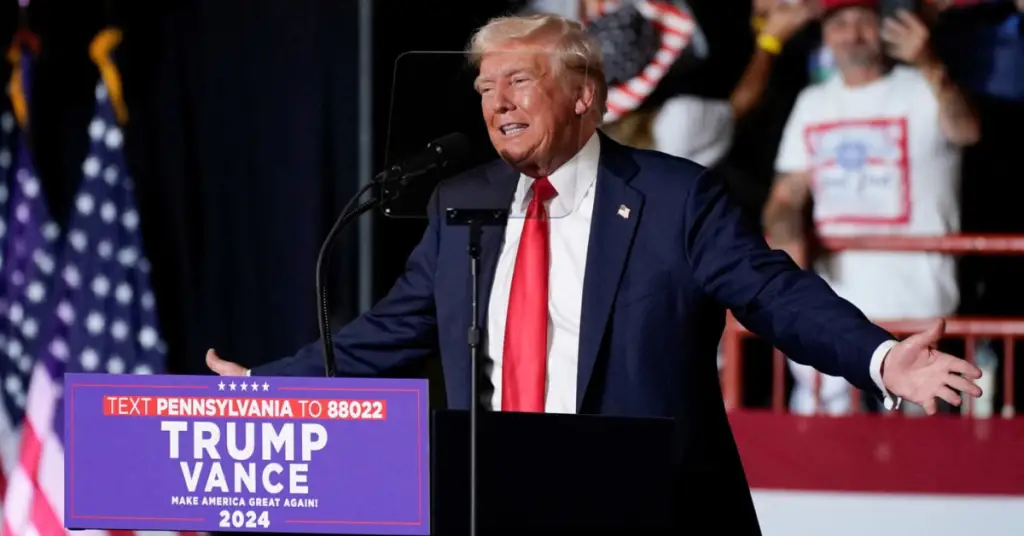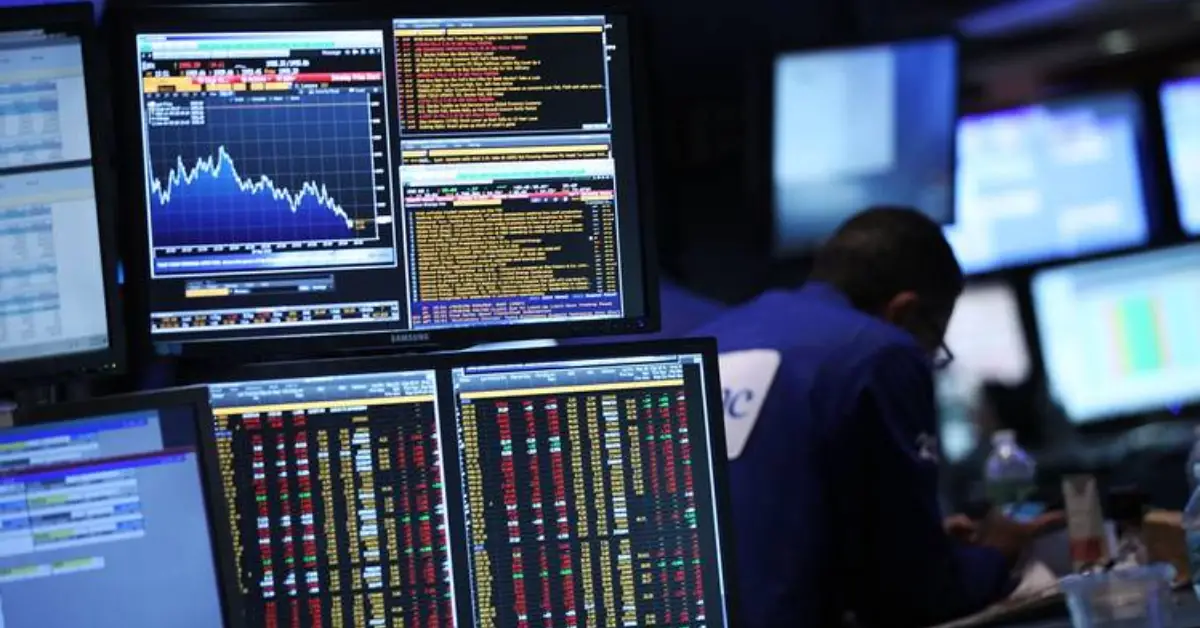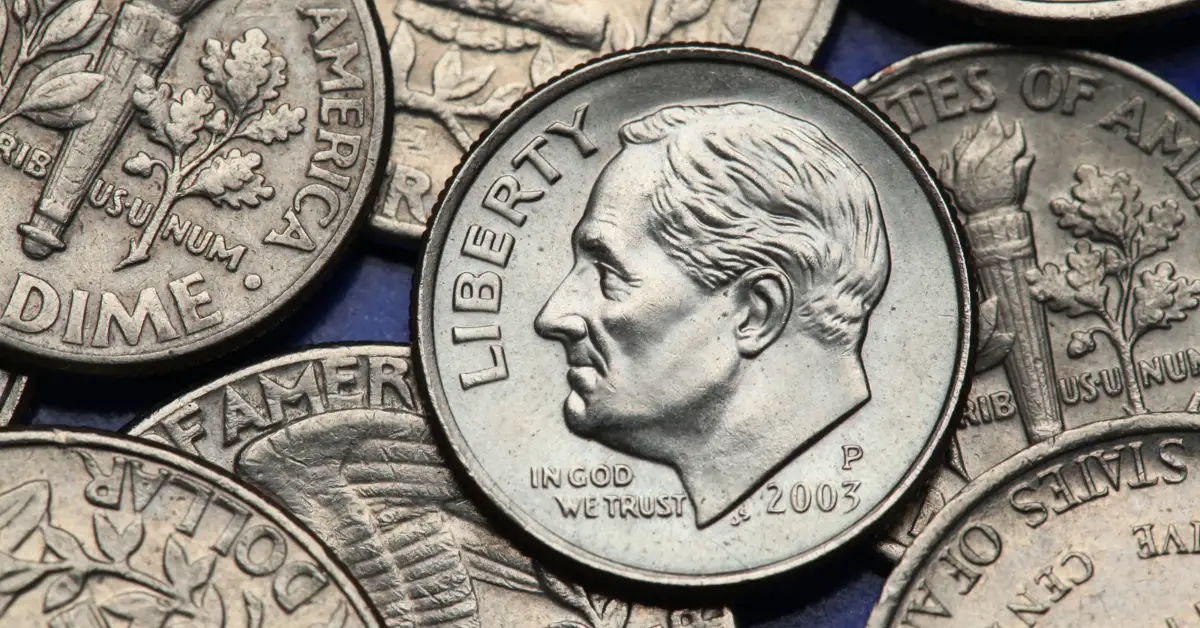Stock markets around the world have had a relatively calm week after the chaos caused by US trade tariffs. However, there is one area of the financial world that has been receiving a lot of attention lately — the US bond market.
Typically, bond markets do not make significant moves, but recently, the US bond market has shown signs of increased volatility. So, what’s going on?
Governments raise money for public spending by selling bonds, which are essentially IOUS. In return, the government promises to pay interest on the bonds. Investors, such as financial institutions and pension funds, purchase them because they are considered a safe investment.
Recently, something rare happened. The rate the US government had to pay on its bonds increased, while the price of the bonds themselves decreased. This unusual movement suggests that investors may be losing confidence in the US economy.
But why does this matter? And how might it affect President Trump’s decision on tariffs? Let’s break it down.
What Are Government Bonds?
When a government wants to borrow money, it sells bonds to investors. A bond is essentially an agreement in which the government promises to repay the borrowed money, with interest, over a specified period of time. In the US, these bonds are called “Treasuries.”
Governments typically issue bonds to raise funds for public spending, and in return, they agree to pay interest to bondholders over several years before making a final repayment when the bond matures.
Bonds are primarily purchased by large financial institutions, such as banks, pension funds, and central banks, which view them as a secure investment option. Investors are willing to accept lower returns on government bonds because the risk of losing their investment is low, especially with a stable economy like the US.
What’s Happening With US Bonds?
People usually buy government bonds because they are considered safe investments. The US, being an economic powerhouse, is considered highly unlikely to default on its bonds. So, when stock markets become volatile, investors often flock to US bonds, seeking stability.
However, this didn’t happen recently.
Following the US announcement of new tariffs on April 2, there was a brief surge in bond buying, as investors sought safety. However, when the tariffs took effect on April 5 and Trump further solidified his trade policies, things took a dramatic turn. Investors began selling off U.S. government bonds, causing bond prices to decline and interest rates to rise.
For example, the yield (or interest rate) on US government bonds with a 10-year term increased from 3.9% to 4.5%, and the 30-year yield rose to nearly 5%. Even small movements in bond yields, such as this, are considered a significant development.
Why the dramatic sell-off? The uncertainty over the impact of tariffs on the US economy led investors to view US bonds as riskier. When there’s more risk, investors demand higher returns to compensate for that risk.
How Does This Affect Ordinary Americans?
The increased cost of borrowing money affects not just the US government, but also ordinary people. If the government is paying more to service its debt, it could impact public spending and budgets.
On a personal level, higher bond yields mean higher interest rates for other loans, such as mortgages, car loans, and credit cards. This can make borrowing more expensive for both individuals and businesses.
Small businesses, in particular, could be hit hard if borrowing becomes more expensive. If companies can’t access credit, it could lead to slower economic growth and even job losses.
First-time homebuyers and those looking to move could also feel the pinch, as mortgages become more costly. Many small business owners in the US use their homes as collateral for loans, so if mortgage rates rise, it could hinder their ability to secure financing.
Higher borrowing costs can also affect consumer spending. When mortgages, credit cards, and car loans become more expensive, people have less money to spend on other goods and services. This could slow down the overall economy, affecting everything from retail sales to the job market.
Why Does President Trump Care?
Despite urging the nation to “hang tough” in the face of the tariffs, the potential impact on jobs and the economy seems to have influenced President Trump’s decisions. Following the bond market turmoil, Trump took a step back and announced a 90-day pause on higher tariffs for all countries, except China.
This move demonstrated that the pressure from the bond market and its potential to harm the economy could no longer be ignored. According to Paul Ashworth, chief North America economist at Capital Economics, once the bond market began to weaken, it was clear that Trump would have to reassess his strategy.
The bond market’s volatility served as a pressure point that prompted the president to reconsider his stance on tariffs. While stock markets were already reacting to the trade war, the bond market’s reaction was much stronger. Bond investors are often seen as more cautious and risk-averse than stock market traders, so their reaction signalled to the White House that the situation could escalate further.
Is This Similar to Liz Truss’s Mini-Budget?
Some analysts have drawn parallels between the bond market’s reaction to US tariffs and the UK’s experience with former Prime Minister Liz Truss’s mini-budget in 2022. After her government announced unfunded tax cuts, investors lost confidence in UK government bonds, leading to a financial crisis that required intervention from the Bank of England.

Some experts have warned that the US Federal Reserve might have had to intervene similarly if the bond sell-off had continued. Although yields have stabilised for now, some believe the damage may already be done, as bond yields remain higher than they were before the tariffs were introduced.
The situation in the UK showed how quickly bond markets can react to perceived economic instability. Similarly, the sharp reaction of the US bond market to trade tariffs underscores the vulnerability of global markets to political decisions.
How Does China Fit Into All of This?
China, the second-largest holder of US Treasuries, has been a key player in this story. Since 2010, foreign ownership of US bonds has nearly doubled, with China being a major creditor. The tension between the US and China, especially due to the trade war, raised questions about whether China’s actions were behind the bond sell-off.
China’s potential role in the sell-off is significant because it holds a large portion of US debt. If China were to reduce its bond holdings in response to US tariffs, it could have a profound impact on the bond market and the overall economy. However, there is no clear evidence to suggest that China’s actions directly caused the bond sell-off.
The global trade war between the US and China is one of the primary sources of uncertainty in the bond market. If the trade war intensifies, it could further impact investor confidence in US bonds and drive up yields even more.
Conclusion
The US bond market is getting a lot of attention for all the wrong reasons. Rising yields and falling bond prices indicate that investors are growing increasingly concerned about the US economy, particularly in light of President Trump’s trade policies. This volatility has the potential to affect everyday Americans, from higher borrowing costs to economic slowdown.
As the situation unfolds, it is clear that the bond market’s response to US trade tariffs has had a significant impact on the economy, and President Trump’s policies may need to be adjusted in response.
Disclaimer: This article has been meticulously fact-checked by our team to ensure accuracy and uphold transparency. We strive to deliver trustworthy and dependable content to our readers.




